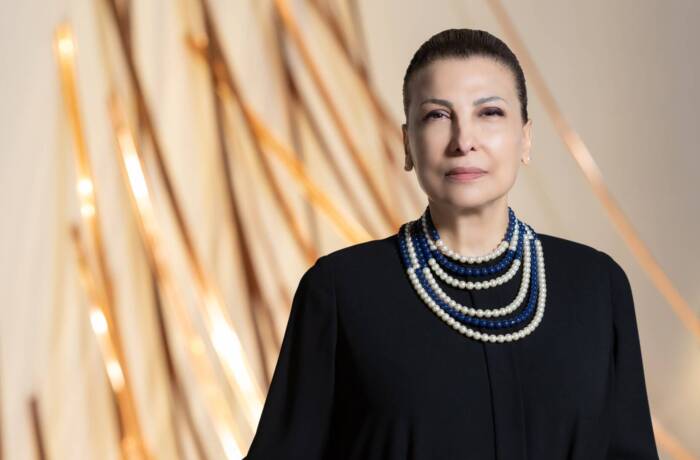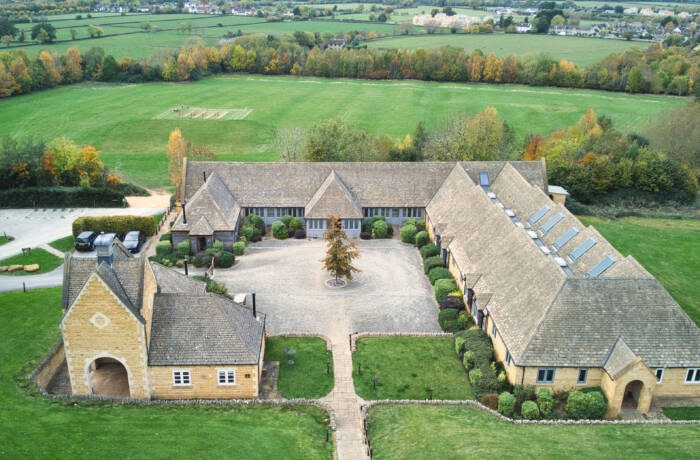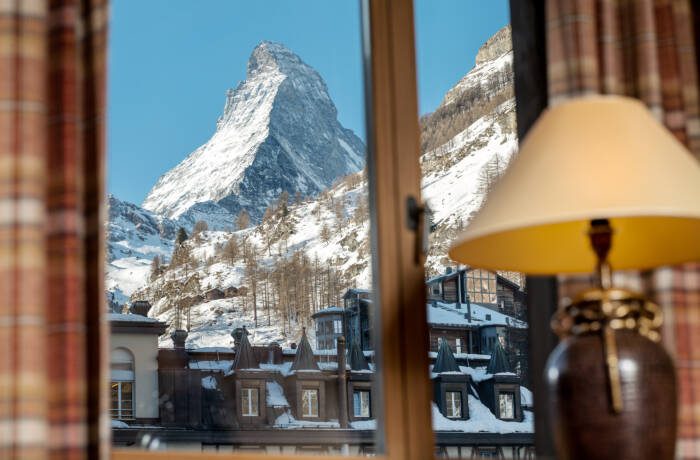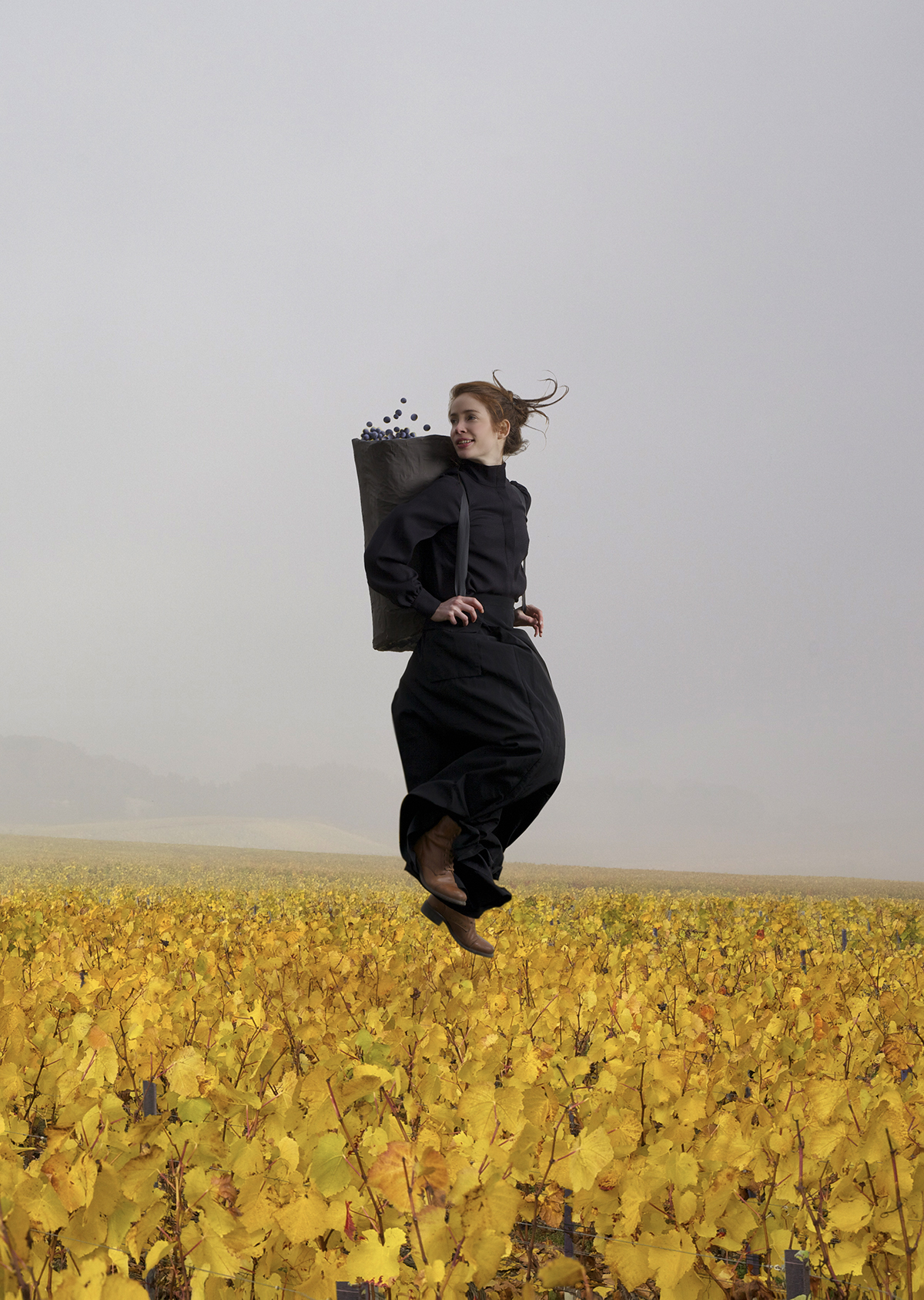
“I worked in nature as if it was in the studio. The vineyards seemed to me a very poetical, mysterious and playful environment.” – Marie Benattar
Louis Roederer makes what might just be the world’s most famous champagne, Cristal, and a range of others all renowned for their sophistication and complexity. Less known is the family-owned company’s visionary art foundation, and foray into the luxury boutique hotel industry. Darius Sanai speaks to CEO and 7th-generation family scion, Frédéric Rouzaud, about photography,
art, hospitality, and almost everything except champagne
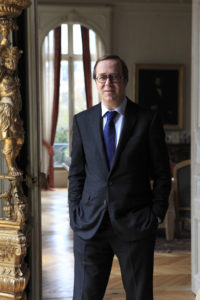
Frédéric Rouzaud
Travelling from the heart of London to the heart of Paris is, in some ways, like stepping from one luxury universe into another. In Mayfair, every conversation is about money – what’s for sale, what’s being sold, who might buy what. A brand is a currency, there to have its value inflated and sold on to the next wheeler-dealer.
Paris may be the home of the global luxury industry, but despite this, or perhaps because of it, it is – mostly – not considered appropriate to have the same conversations. For every private equity group buying and selling companies like card sharps distributing aces, there is a celebrated company (don’t call them brands) that has been in family hands for centuries.
Follow LUX on Instagram: luxthemagazine
This is one of the first thoughts that flows through my head when I meet Frédéric Rouzaud in a hotel lobby in the chi-chi 16th arrondissement. Through the Maison Louis Roederer, Rouzaud may be the family owner and CEO of one of the world’s most celebrated luxury brands – who doesn’t know Cristal, after all – but it’s apparent that this thoughtful, understated and gently smiling gentleman in a dapper suit is a different breed to many modern CEOs. Louis Roederer is a Maison, not a brand.
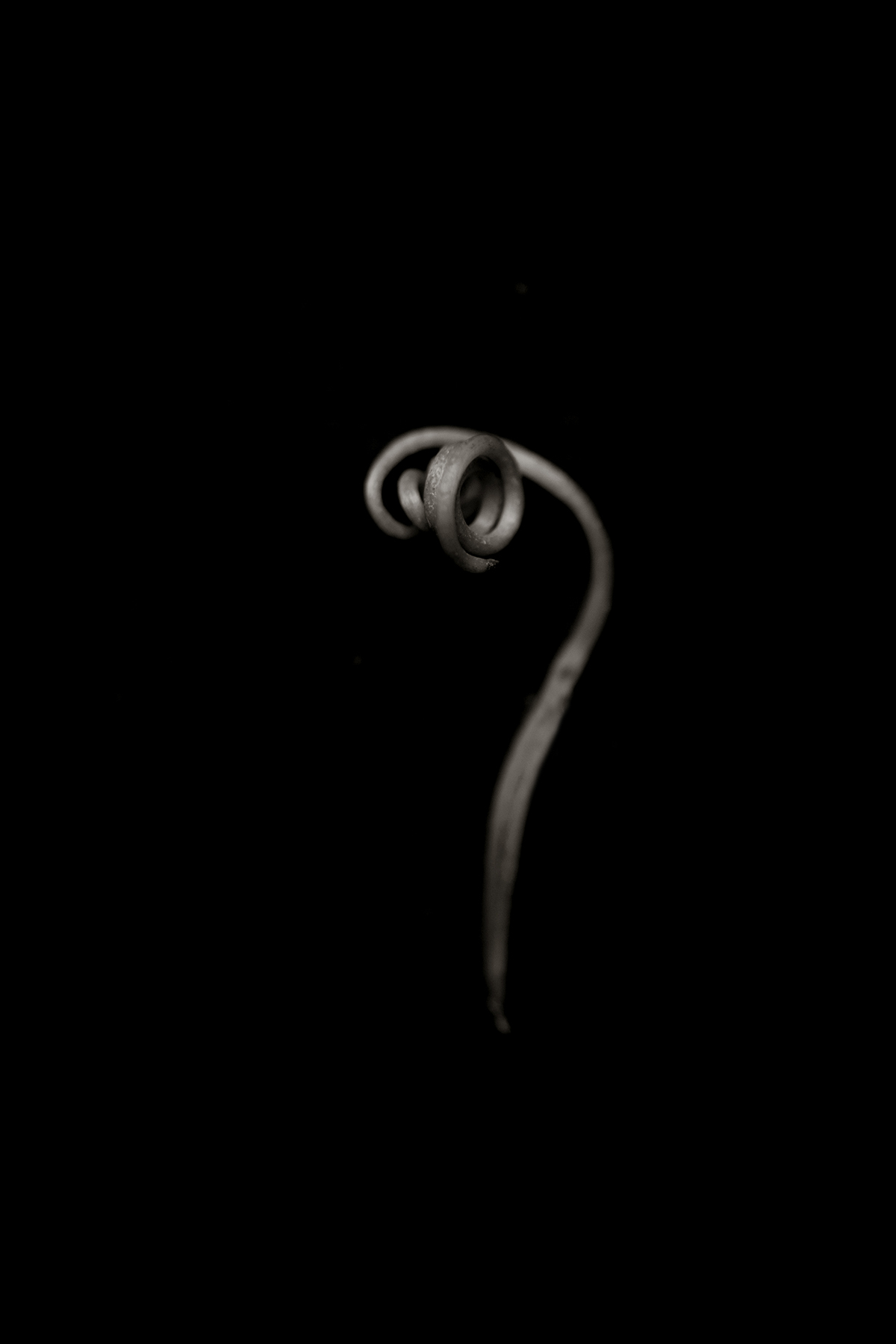
Photography by Michel Slomka
We settle in quickly to an easy conversation about art, and in particular photography. Recently, Louis Roederer invited young abstract artistic photographers to create images of the champagne house, its cellars and grounds, giving them carte blanche to interpret whatever they wished, however they wanted.
The results, which have never been publicly exhibited, are published on these pages. But Rouzaud, who expresses an enthusiasm for photography and 20th and 21st century art, is doing so much more in the world of art through the Fondation Louis Roederer (a private foundation), and has a plan to develop a collection of luxury boutique hotels. Here is a polymath who is plainly not interested in being pigeonholed. And, of course, the Louis Roederer brand owns several wine estates and makes some of the world’s most celebrated champagnes – not just Cristal, which needs little introduction – including a personal favourite, the complex yet ethereal blanc de blancs.
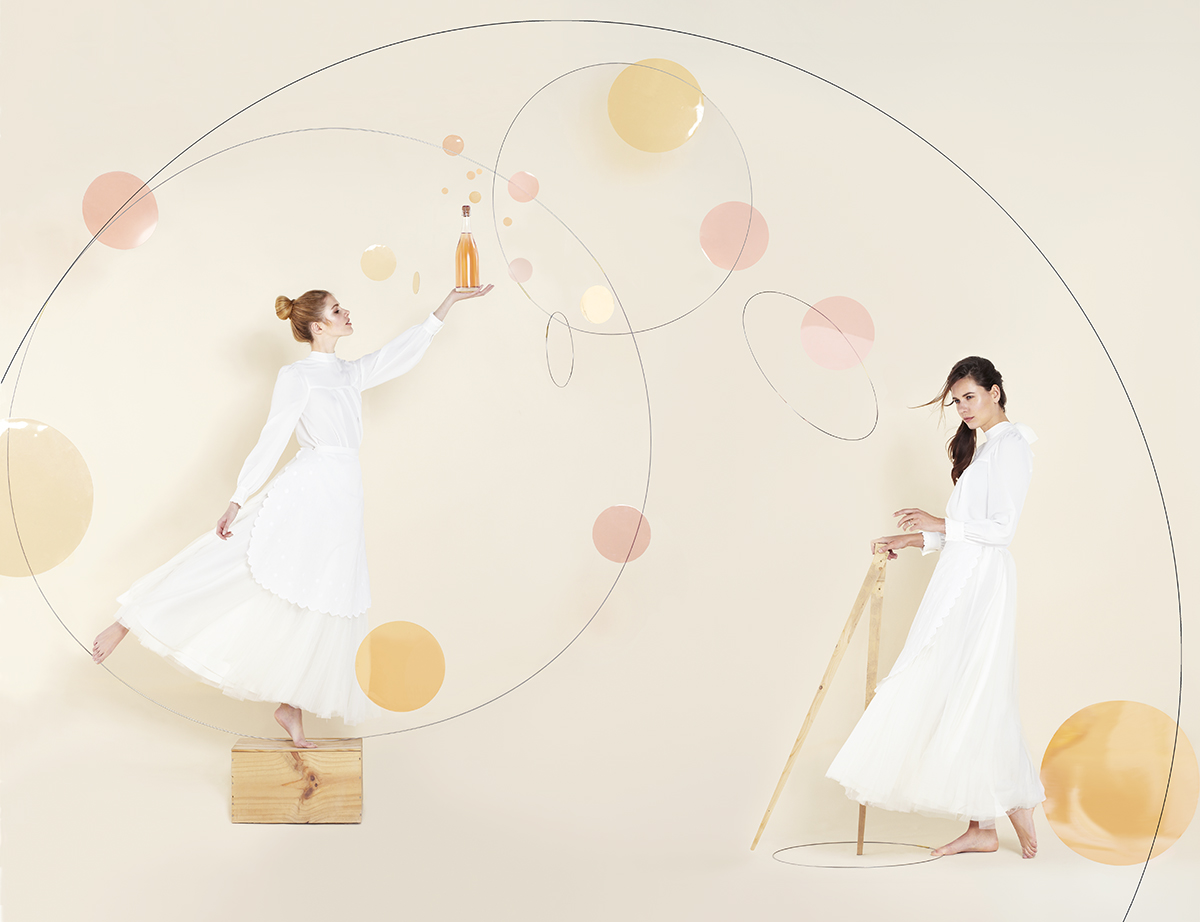
“I found in champagne perfect elements related to dreams… it appears as a perfect opportunity to explore a fairy direction.” – Marie Benattar
LUX: Tell us more about your hotel projects?
Frédéric Rouzaud: We bought our first hotel last November, in the Alps in France. A hotel seems far away from the wine world, but not so far when you look for a long-term strategy that you need to have for hotels. Like for wine, it’s about the French ‘art de vivre’. It’s about gastronomy, the experience and wine. My idea is to create a small boutique hotel collection, and also by having some private houses open to private consumers who would like to live a very nice experience around wine in our different properties. [Outside of Champagne] we have wine properties in Provence, Portugal, two châteaux in Bordeaux, one in California. The idea is to create a small collection either by buying hotels like we did in the Alps or by creating some hotels within our winery sites, which are generally very nice places to stay.
Read more: Wes Anderson & Juman Malouf curate an exhibition at Fondazione Prada
LUX: Will there be a particular aesthetic?
Frédéric Rouzaud: We will try to make people feel comfortable and at home. We will work with some designers that have this sense of conviviality, [to create] a nice experience. We will adapt to each place – the style, the sense of the place. It will be a five-star hotel that is casual and comfortable, family friendly.
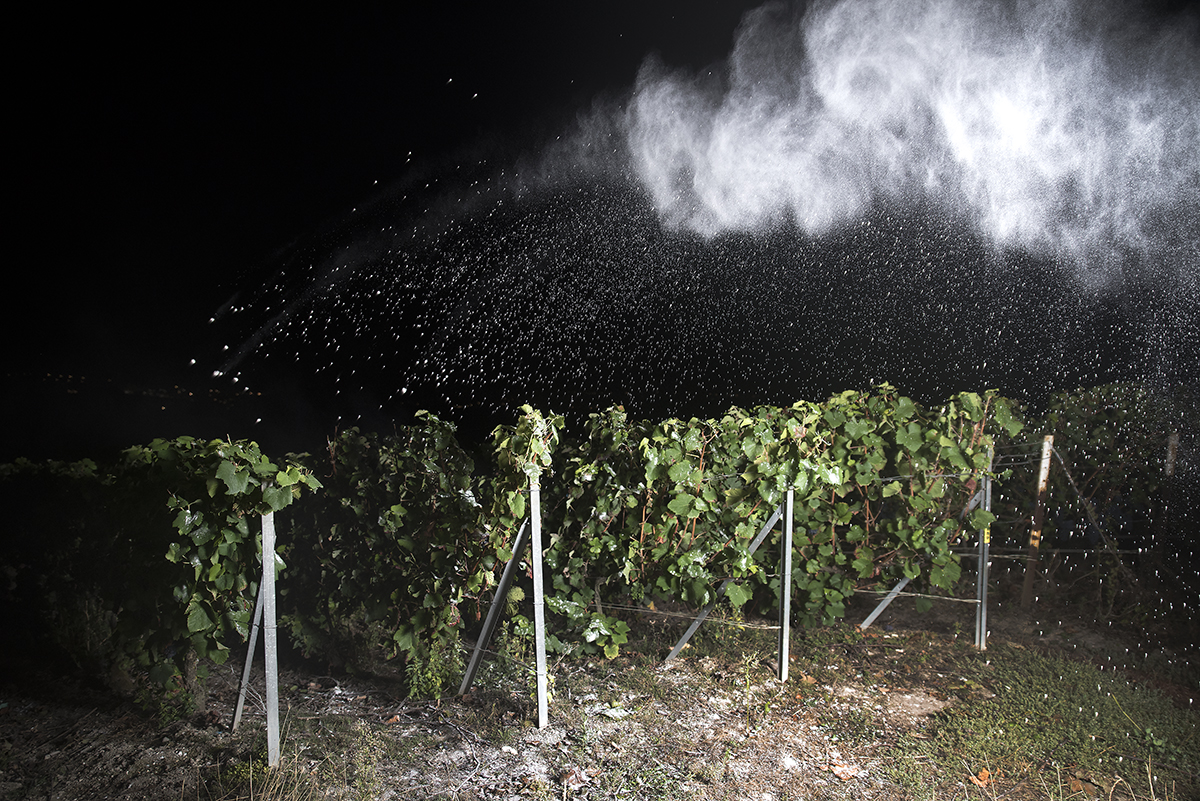
“I worked at night by the light of the moon. I have aspired to build mirage images in order to reveal what can not be mastered by man, the very power of nature. The artificial lights were developed to unmask ghostly presences, unreal scenes, dreamlike horizons.” – Lucie Jean
LUX: There is a very powerful partnership between your Maison and the art world. The photography for the prize that you do is very abstract. Is that something you initiated yourself and how has it grown?
Frédéric Rouzaud: The story started 20 years ago, when we met the president of the Bibliothèque Nationale de France. They have a fantastic collection of more than five million images – old photographs from the beginning of the creation of the photography – but they didn’t know what to do with it because they are more book-orientated. So they asked us if we would be interested in helping them show the fantastic collection to the public. That is how we started our collaboration, and we did a lot of very nice and interesting exhibitions there. We sponsor all of the exhibitions and they are fantastic. It is a very serious, rigorous and interesting collection of photography with plenty of artists.
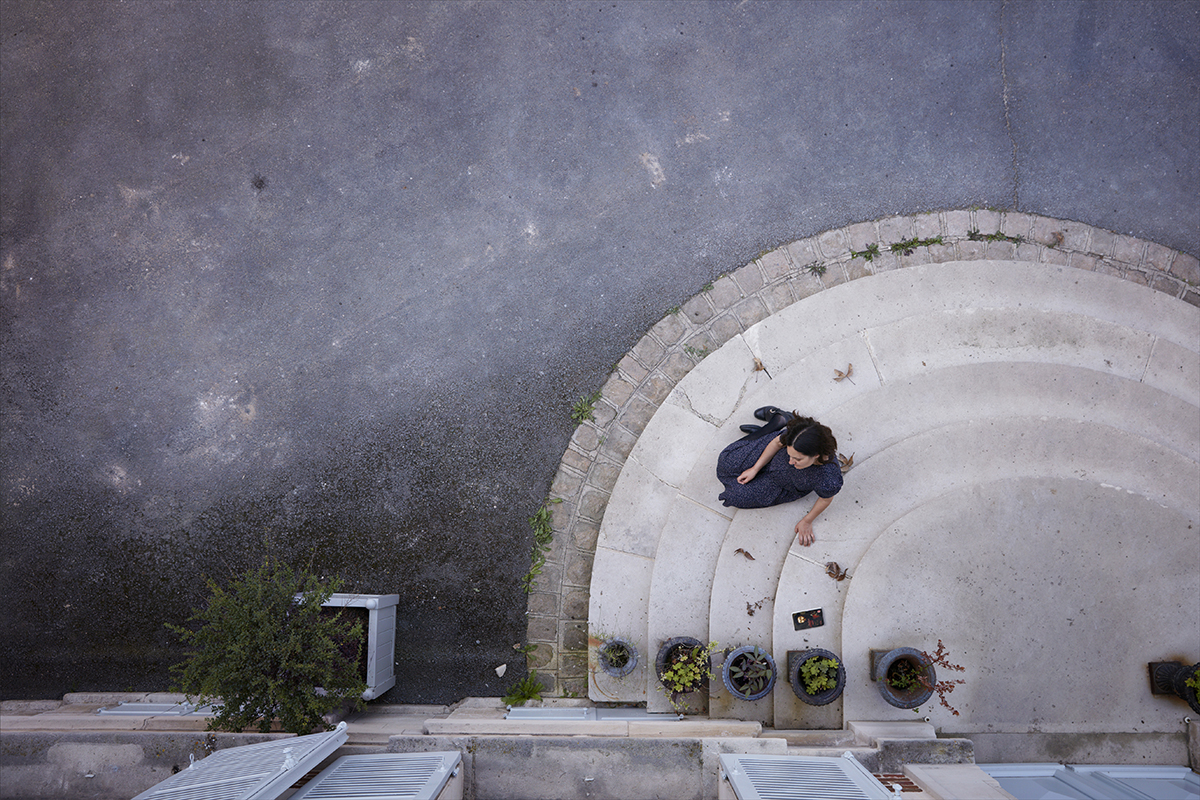
“Views from above of the symbolic interiors of Roederer were completed with images of starry skies from the vineyards. This face- to-face seemed to us to be a poetic metaphor for what champagne represents, a kind of cosmic union between earth and sky.” – Simon Brodbeck and Lucie de Barbuat.
LUX: What about the young photographers we feature here?
Frédéric Rouzaud: We asked the Bibliothèque Nationale de France to select for us eight or ten young photographers who went to Champagne; there was lots of creativity and they decided to photograph Roederer as their own perception.
LUX: What did you think of what they did?
Frédéric Rouzaud: I think it was great. I think it was so different and their approach was phenomenal.
LUX: You must have a personal passion for photography to give it such support?
Frédéric Rouzaud: I am interested by art and photography – because photography is really a contemporary art form. I think it is approachable for people who sometimes do not understand or find it difficult to approach contemporary art. Photography is always approachable, understandable… and I see a big future, a big potential for photography. It is a very nice, aesthetic art.
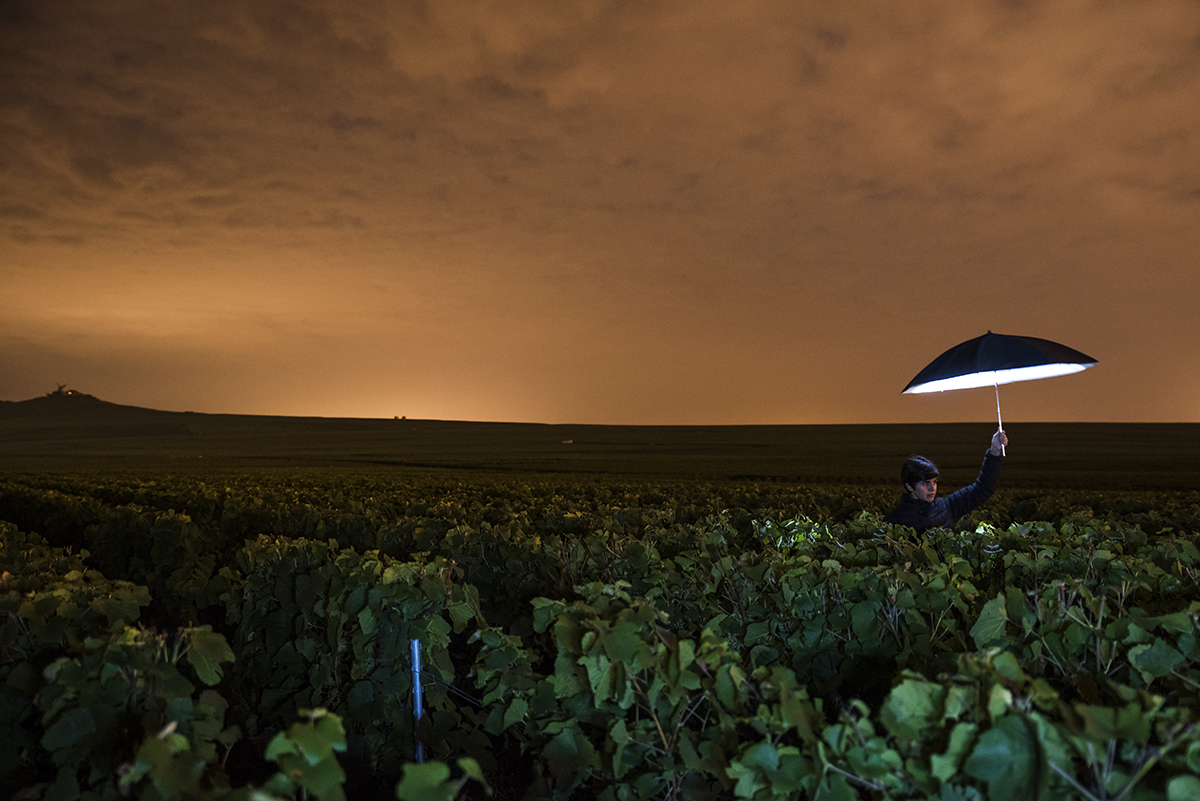
“The intervention of man gives a very graphic aspect to the vines. I sought, through the strength of this vegetation and nature,
visual haikus which would plunge us between the lines from what is immediately visible.” – Lucie Jean
LUX: Do you collect photography yourself ?
Frédéric Rouzaud: I have some, I don’t only collect photography – I collect many things. I buy lots of intuition and inspiration (laughs). I am not a collector in the sense that I buy everything, I am more for going into galleries on the weekends/ auction sales to see what is going on – I can buy photography, a chair, a lamp…
Read more: Geoffrey Kent on travelling beyond the beaten track
LUX: Does your foundation have a physical home that people can visit?
Frédéric Rouzaud: No, not yet. The purpose of the foundation is to help institutions and museums like Palais de Tokyo and Le Grand Palais to show to the public their fantastic collections. I think we are much more for that approach rather than to say, ‘Hey, look at my foundation, look at my collection, come and visit it.’ We are a small company, we are more for helping the French big institutions, like Bibliothèque Nationale, trying to choose the artists that really talk to us in a way – that is the first point. The second point is the different prizes that we have created now; we like to discover new talents. That is really the two things helping the institution with known artists – because there are lots of artists who we have sponsored who were known, but we also like to give prizes to new talents.
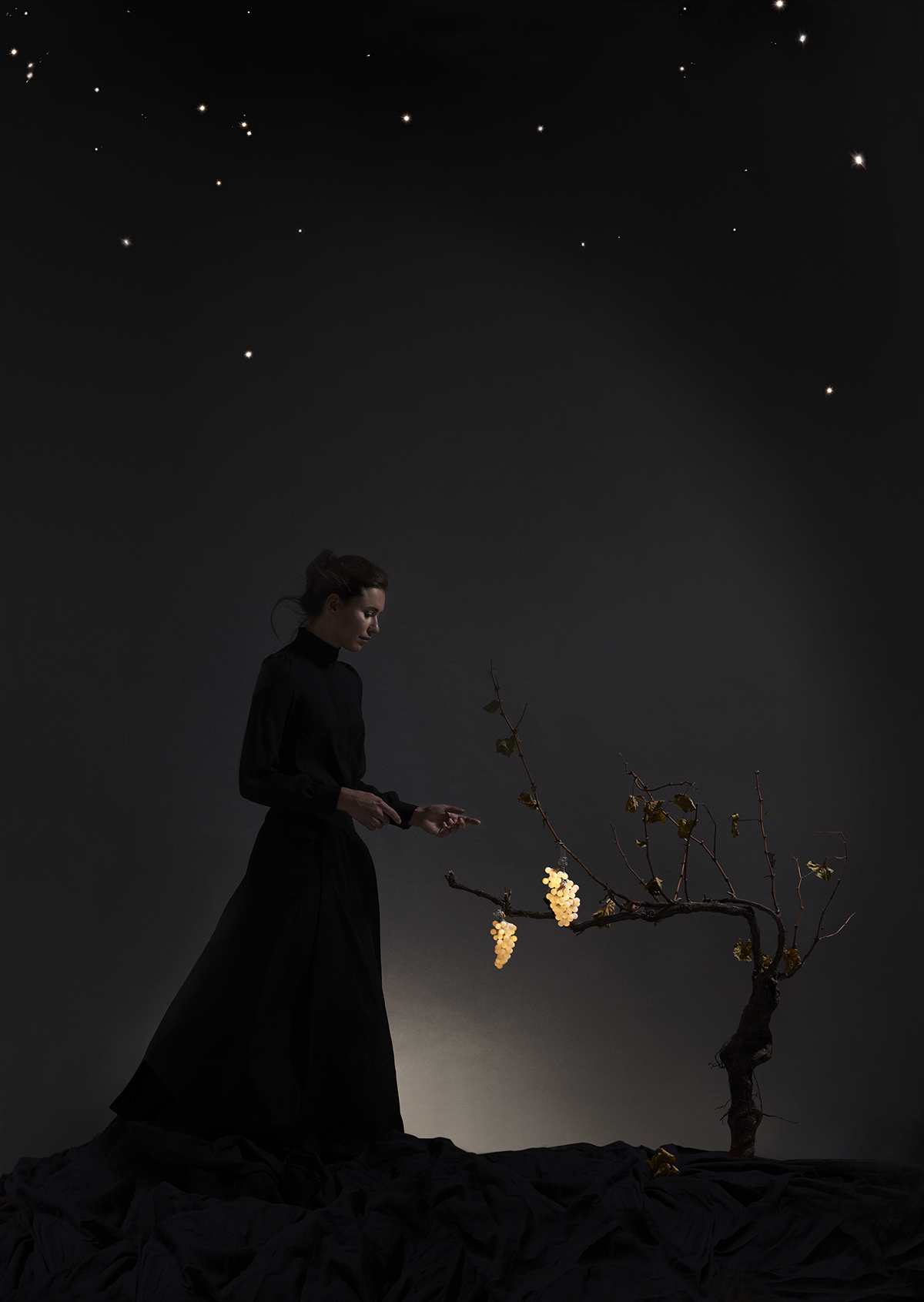
“For me, photography is a way to discover and observe the world, to embrace its complexity without feeling too much gravity. It is also a way to take time, spend it and even try to stop it.” – Marie Benattar
LUX: Is the private sector becoming more important in supporting art?
Frédéric Rouzaud: Museums don’t always have the means to do these exhibitions for the public so they seem very happy to have that kind of foundation to help. I think it is very important, yes. Even if in France it is less usual to have funds from a private company or foundation like it is in the UK, it is very normal. But I think it is coming and definitely there are never enough funds to help art. If the approach is quiet, organised, long-term and focused on what we like, I think there is no reason that it doesn’t work, because again in our approach we are more behind museums that have the savoir faire, the connection. We prefer to be maybe a little bit behind the scenes.
LUX: Are wine and art similar?
Frédéric Rouzaud: Of course, there is a link. But I always say to my team, ‘Don’t consider yourselves artists. We are not artists. We are artisans, dedicated to nature, trying to interpret each year what nature likes to give us: climate, size of grapes, concentration…’ And we try to make, modestly, with that, a wine that we sell. Artists have total freedom. We don’t. We have to ferment the wine, we have to press the wine, it has to be vigorous. It’s close to the artists’ work – but we don’t have the freedom. The only thing you have to do as an artist is express what you have in your head. So there is a very natural link between the world of wine and the world of art, but we are not artists.
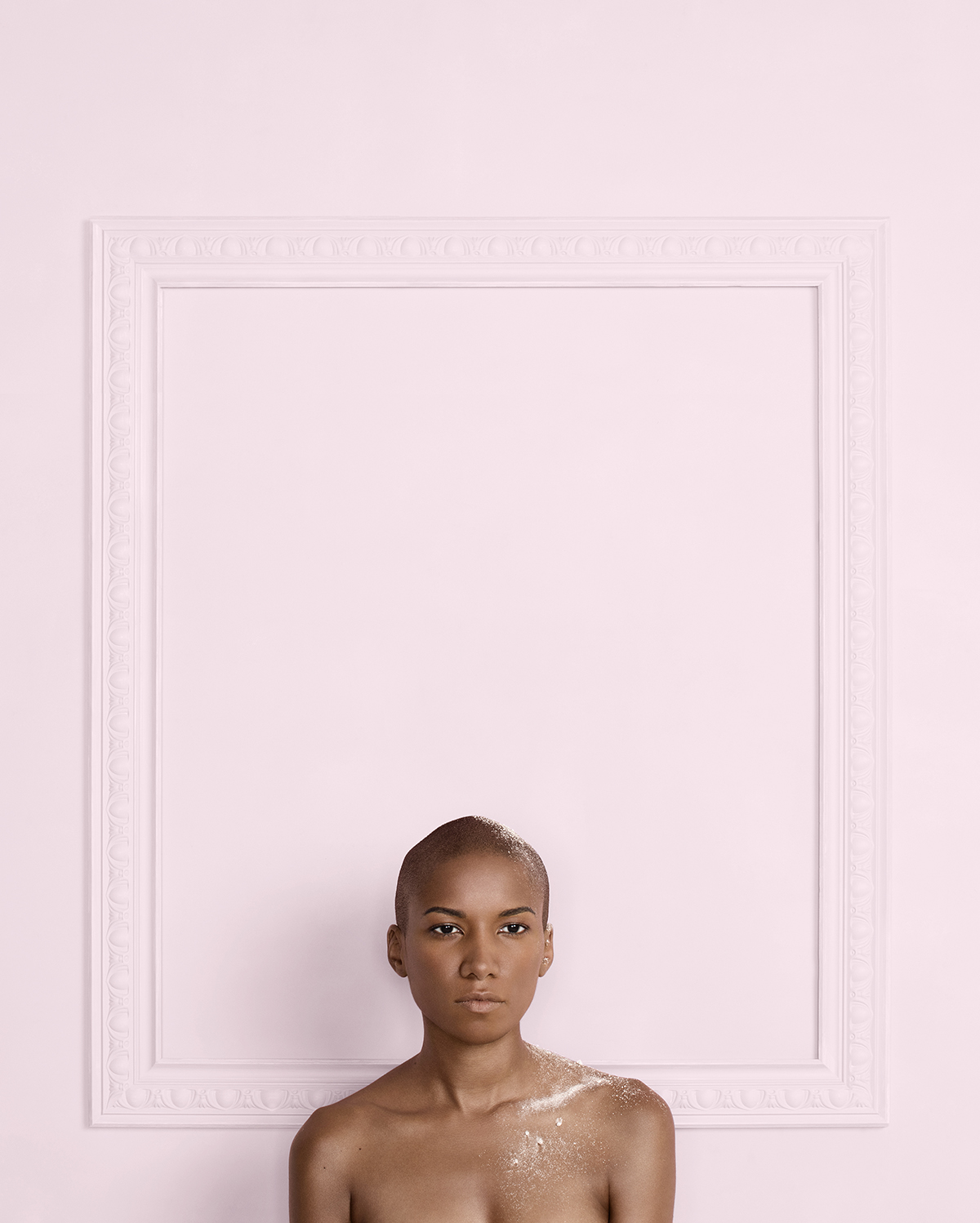
“The need and the desire to create cannot be explained. It’s like a breath, a small voice and sometimes even a cry that animates you and takes you to creation.” – Laura Bonnefous
LUX: Is it true to say the world of wine is more objective than art?
Frédéric Rouzaud: Yes, in the world of wine we have to follow rules, some tools, some gestures. In art, you do what you want – you are much more free. We are free in the way that we are free to search the best soils to plant the vineyards, we are free to search the best way for pruning the vineyards, the way of fine-tuning our grapes, our methods, our pressing process, our fermentation, our storage – we are free for that. But at the end of the day, the focus has to be a bottle of wine that is appreciated by the consumers. An artist, if he makes something and it pleases collectors, it is good. If it doesn’t please them, it is fine also!
Read more: Spring Studios’ Founder Francesco Costa on building a creative network
LUX: With wine, is the product the most important thing? Or the brand?
Frédéric Rouzaud: (Laughs) The brand comes after the product, in our approach. We do small quantities, small production in our own vineyards. We don’t buy grapes, we don’t buy wine, so it is a small production and we produce a small quantity of wine – not enough for the world and we are fine with that, because we don’t know how to do more at that level of quality. For us the brand is more a Maison; it is a family-owned company and we make a product the best way we can and if it becomes a brand, fine! But we are not trying to make a brand and then make the product. We were founded in 1776 and my brothers and sisters have done a great job to make a brand today – called Roederer – but still the team is really not in that approach of branding. We are really behind our product, behind our vineyards.
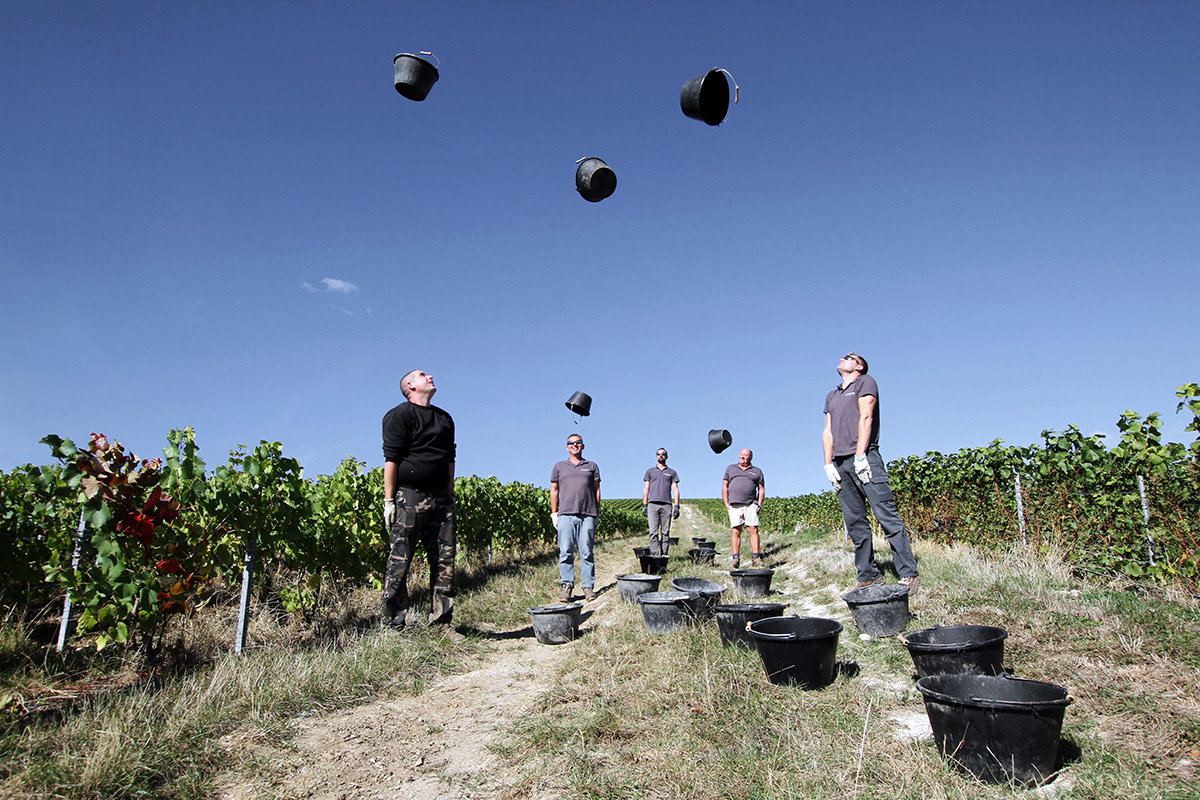
“A Cristal bottle is transparent; I tried to make the production process transparent by highlighting the talented people working in the vineyard, the cellars, the factory, the office…” – Sandra Reinflet
LUX: Tell us why you chose Val-d’Isère for your first hotel?
Frédéric Rouzaud: Why Val-d’Isère? This resort in terms of value, authenticity, purity of skiing… it really is the resort in France, if you like to ski. I like to ski and I have been to lots of resorts in France. After testing Val-d’Isère you will be disappointed if you go elsewhere – if you like to ski. Plus the fact that it is a historic hotel, one of the first of the resort, and it belonged to a family – the same family who built the hotel.
LUX: How important is China for you?
Frédéric Rouzaud: It is small yet. We are very strong in Hong Kong, but China is quite small at the moment. First, we do not have the volume. Second, the market is very young. Sometimes champagne is considered as goods which should be offered for parties. I don’t know why – champagne as a commodity. In an emerging market like that you have to sponsor a lot if you want to be in some places and we are not in this game, because we do not have the volume. We have such a respect for the wine itself that we don’t like to give it for free. We only do it sometimes, as a special prize.
LUX: We were talking about biodynamics…
Frédéric Rouzaud: We are running the Cristal estate in Champagne, 100% biodynamically, it has been ten years now so we are very happy with it. I am not a technician, but I have tastes; the grapes and maturities, the balance of the grapes concentration, acidity, level of alcohol – and it is working very well.
LUX: What difference does it make to the products when you make it biodynamically?
Frédéric Rouzaud: It is difficult to express but I think it gives it more vibrancy, more life in the wine.
Find out more: louis-roederer.com
This article was originally published in the Autumn 19 Issue

